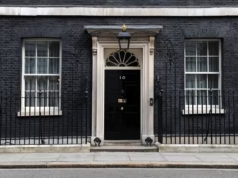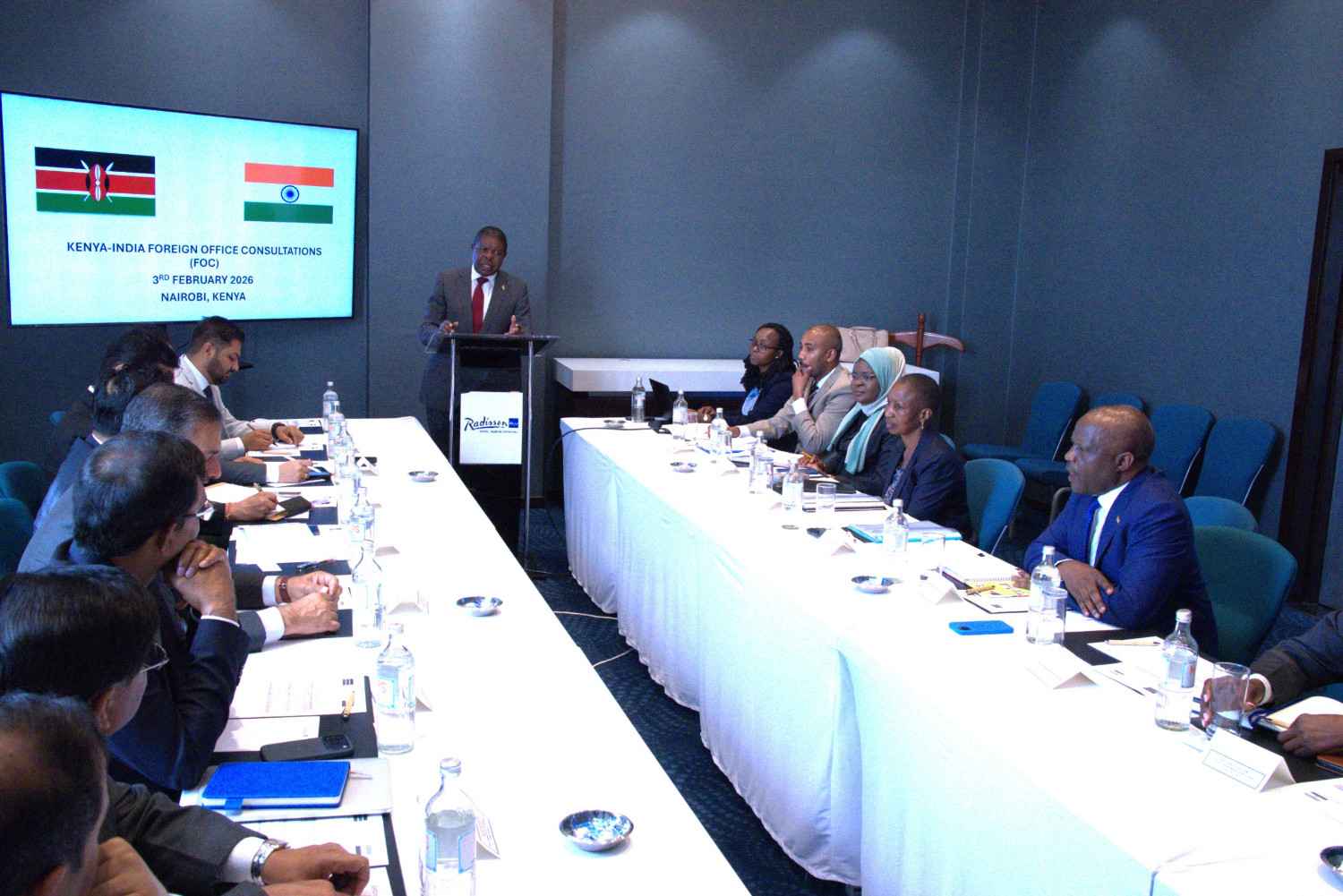In what has been described as a pivotal moment for British immigration policy, the Government today published a far-reaching White Paper titled Restoring Control over the Immigration System. The document marks a significant departure from past approaches, introducing a series of radical reforms aimed at reducing net migration, tightening visa rules, and overhauling the UK’s relationship with international recruitment.
The announcement was accompanied by a major speech from Prime Minister Keir Starmer, who framed the new measures as a decisive break with the “experiment in open borders” undertaken by the previous Conservative government. Addressing the nation from Downing Street, Starmer acknowledged the vital role of migrants in British society but emphasized the need to significantly cut immigration. “Migration is part of Britain’s story, and migrants make a massive contribution to our country,” Starmer said. “But we need an immigration system that is controlled, selective and fair. We are taking back control of our borders in the national interest.”
A New Framework for Immigration
Home Secretary Yvette Cooper set out the framework in the House of Commons, outlining five core principles underpinning the reforms:
- Reducing Net Migration – Establishing firm controls to ensure that immigration levels are sustainable and managed.
- Linking Immigration to Skills and Training – Ending overreliance on foreign workers by requiring UK industries to invest in domestic talent.
- Fairness and Clarity – Reforming family migration rules to avoid legal loopholes and restore public confidence.
- Rule Enforcement – Cracking down on visa misuse, illegal migration, and foreign national offenders.
- Integration and Cohesion – Introducing stricter English language requirements and earned settlement rules.
Key Policy Changes
The 82-page blueprint contains a raft of major policy changes across nearly every aspect of the immigration system:
Settlement and Citizenship
- The standard qualifying period for permanent settlement (Indefinite Leave to Remain) will double from five to ten years.
- A new points-based framework will assess eligibility for both settlement and citizenship based on economic and social contributions.
Skilled Worker Visas
- The qualification threshold for skilled worker visas will rise to RQF Level 6 (bachelor’s degree level).
- Salary thresholds will increase and the Immigration Salary List—formerly used to justify exceptions—will be scrapped.
- Access to the points-based system will be limited to genuine shortage occupations, as confirmed by a new Labour Market Evidence Group.
Adult Social Care
- Overseas recruitment of care workers will end entirely. Current visa holders may extend or switch within the UK until 2028, during a transition period.
English Language and Integration
- Stricter English language requirements will be introduced across visa categories for both primary applicants and their dependants.
- There will be ongoing assessments to ensure improvement in English proficiency over time.
International Students
- The post-study graduate visa will be shortened from two years to 18 months.
- Sponsoring institutions will face tighter compliance requirements, and underperforming sponsors will be placed under monitored action plans.
Family Migration
- The legal framework for family migration will be clarified and consolidated, reducing reliance on case law, particularly regarding Article 8 (right to family life) claims.
- Legislation will assert Parliament’s authority over decisions on who may remain in the UK, especially in deportation cases.
Tackling Abuse and Enforcement
- E-visa technology and digital IDs will be expanded to better monitor visa compliance and overstays.
- Visa sponsors (both educational and employment) face new penalties and compliance regimes if found complicit in abuse.
- Asylum claims from individuals whose country conditions have not changed will face new scrutiny.
- Stronger mechanisms for deporting foreign nationals convicted of crimes, regardless of prison sentence length, will be introduced.
Reaction and Parliamentary Debate
The reforms sparked immediate debate in the House of Commons, with Deputy Speaker Lindsay Hoyle publicly criticizing the Government for briefing the media before informing MPs. Despite this, the Home Secretary defended the plan as “a long-overdue reset of a broken system.”
Opposition voices raised concerns about the impact on sectors heavily reliant on overseas labour, particularly care and hospitality. Human rights advocates warned that the tightening of family migration and asylum rules could have humanitarian consequences. Business groups, meanwhile, cautiously welcomed the promise of more investment in domestic training but expressed concern over how quickly sectors could adapt to reduced access to international labour.
Looking Ahead
The Government intends to begin implementing the reforms in the coming weeks, with further announcements on asylum and border security expected later this summer. The measures will be delivered throughout this Parliament under the Government’s Plan for Change agenda. This White Paper signals one of the most extensive overhauls of immigration policy in a generation. Whether it succeeds in restoring public confidence and rebalancing the labour market remains to be seen—but one thing is clear: Britain’s immigration landscape is entering a new era.









